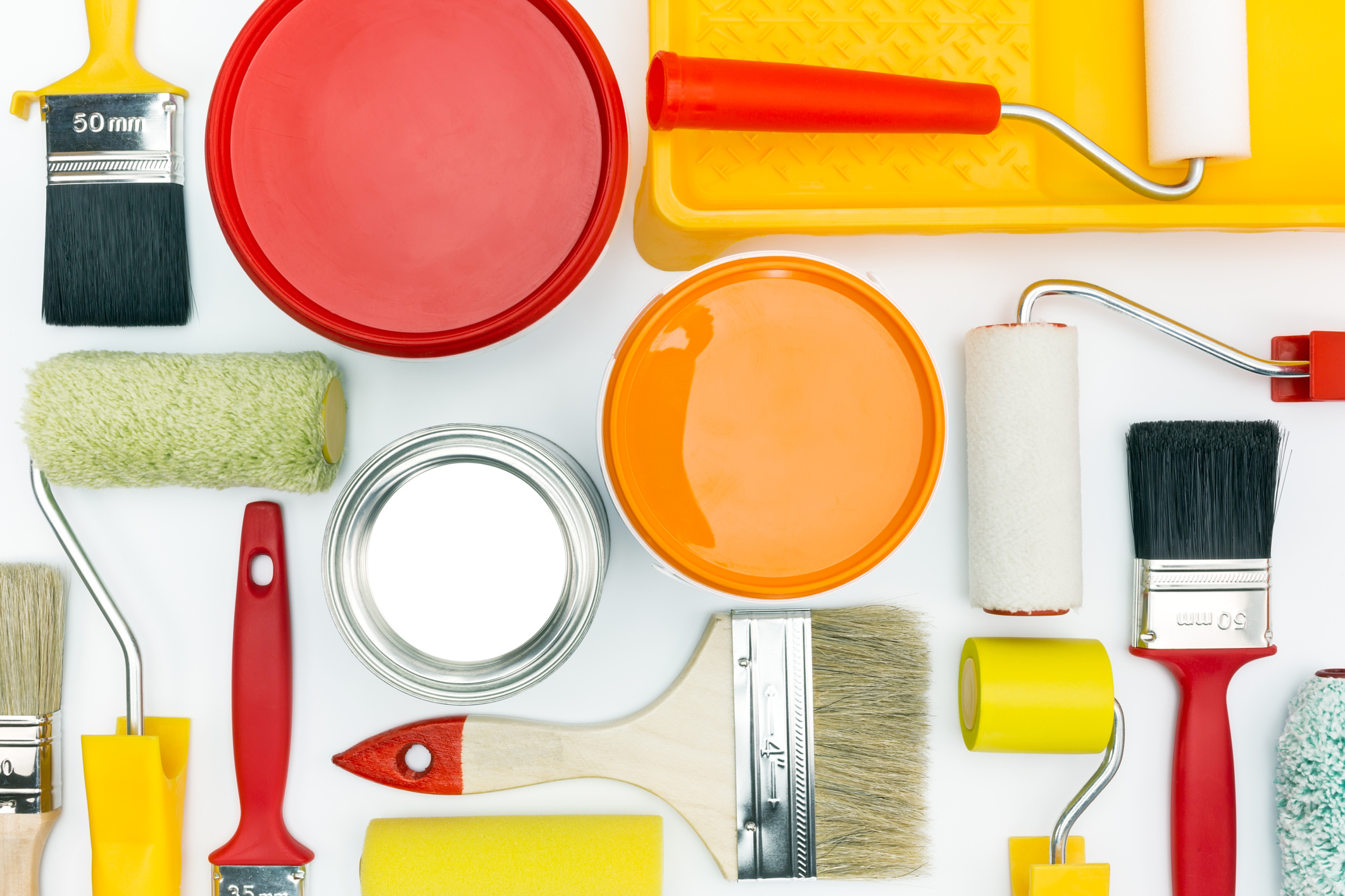How to Budget for Housing: 8 Factors to Consider
By super on August 2, 2016

Housing. It’s where you sleep, eat, and hang with your family. It’s the epicenter of your life. So it’s no wonder what your house looks like and where it’s located have become huge emotional decisions to be made. Sadly, making housing decisions with your emotions has gotten a lot of Americans in trouble. Housing is simply a financial decision. Sound cold? Maybe. But if you want to live a great life, you’ll spend no more than 25% of your take-home pay on housing. And no, that isn’t just your mortgage or rent. It includes a slew of other housing-related expenses that should be factored into that percentage.
Mortgage or Rent
We’ll start with the obvious. Your housing budget includes your mortgage or rent. If you live on one of the coasts you’ll be lucky to find housing which fits in your 25 percent take-home pay budget. And that’s okay. In order to accommodate the higher housing costs you’ll have to “steal” money from other budget categories. This doesn’t fly if the cost of living in your area is reasonable, though. Adjusting your budget to cover your dream home’s mortgage is still a bad idea if you can find reasonable and cheaper options in your budget. When housing is over 25% of your take-home pay, it places strain on the rest of your financial life and opens you up to more risk than your income can justify.
Homeowner’s Insurance/ Renter’s Insurance
If you have a mortgage, you have homeowner’s insurance, and likely it’s roped in with your mortgage, so you don’t even see the payment. While this is very convenient, you may have premium or coverage changes and not even notice any changes. Review your coverage annually. Renter’s insurance isn’t often required, but it’s always a good idea. Think of it this way: if your apartment burns down, it will get rebuilt, but none of your stuff will get replaced. Renter’s insurance is extremely affordable and well worth the minimal effort to acquire it.
Private Mortgage Insurance (PMI)
When you purchased your home, the amount you put down as a down payment determined whether or not you are paying private mortgage insurance. Generally, if you put down at least 20% of the value of your home you won’t be charged PMI. Basically, private mortgage insurance is a safety measure which ensures the lender reimbursement if you default on your mortgage loan. The good news is if you are already paying PMI, it can be canceled. When your mortgage loan drops to 78% of the home’s original value the PMI will be canceled. You may be able to cancel it sooner, around 80%, if you approach your lender directly to consider dropping it.
Property Taxes
Property taxes are a part of life for homeowners. But that doesn’t mean you can’t do something about it. If you feel your property taxes are too high, or don’t reflect the current market value of your home, reach out to your County Tax Assessor’s Office to request a reassessment.
Landscaping and Yard Care
Caring for your home or your rental takes more than just a broom and a dust cloth. The outside needs work too. Whether you hoof it and do all the yard work yourself, or you pay someone else to do it, remember to factor this cost into your housing budget. The bigger the yard or the more complex the landscaping, the more money and effort you can expect to shell out.
Security System
Depending on where you live, a security system may be a necessity, or it could be something you simply do for your own peace of mind. Unfortunately, security systems are expensive. Before committing to a security system, shop around. Protecting your home and your family is important, but getting stuck with an expensive monthly commitment for years obviously isn’t ideal.
Home Maintenance
Your home functions every day to protect you from the elements. This means it will need repairs from time to time. From leaky roofs to broken windows to inefficient heating systems, your home costs a lot to care for. Prevent being surprised by home repairs by assuming you’ll spend about 1% of the value of your home on maintenance each year—and plan for it.
Homeowner’s Association Fees
If your new home or rental is in a neighborhood with a Homeowner’s association or has condo or apartment complex fees, make sure to factor these costs into your monthly housing budget. Occasionally, landlords will cover these fees for your rental, but not always. Be aware, and factor any additional fees into your budgeting process.
Peter Dunn, aka Pete the Planner, is an award-winning financial mind who has authored five books, hosts the popular Pete the Planner radio show and travels around the country offering financial education. For more from Peter, visit www.petetheplanner.com.
